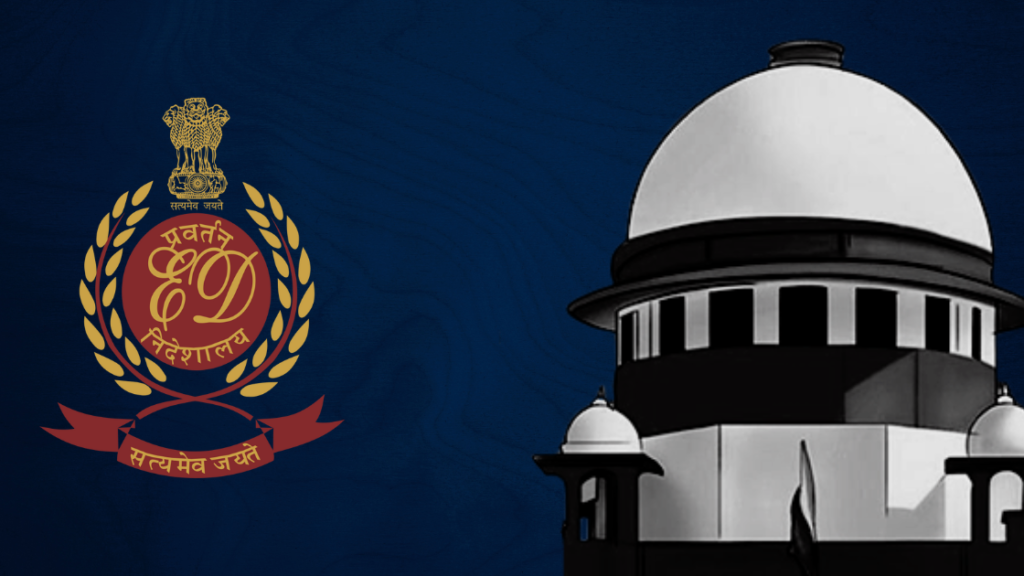
Supreme Court Intervenes: Halts High Court’s Directive on VVIP Security Reforms
Last Updated on December 14, 2024 by Amit Patra
In a significant judicial intervention, the Supreme Court has stayed the Punjab and Haryana High Court’s directives concerning VVIP and IAS officer security cover, highlighting the delicate balance between administrative discretion and judicial oversight.
The case cropped up from an unexpected context—anticipatory bail proceedings that suddenly transformed into a wider probe into the security apparatus. While hearing petitions for bail, the High Court had passed omnibus orders to withdraw security provided to IAS officers and called for comprehensive details about the VIP protection mechanism.
Justices AS Oka and AG Masih went all guns blazing and held that the High Court had exceeded its jurisdiction. The bench aptly observed that while considering an application of anticipatory bail, the court has to restrict itself to the legal issue involved and not enter into the administrative issue of security.
This intervention by the Supreme Court upholds a very essential feature of judicial restraint: when specialized administrative decisions about security arrangements are made, such matters should not be arbitrarily interfered with in litigations unrelated to them.
The underlying context reflects a complex tale of resource allocation and security infrastructure. The original observations by the High Court did hold valid concerns: a substantial amount of police personnel are deployed for VIP security, thereby compromising the larger capabilities for regular law enforcement.
Justice Harkesh Manuja, while passing the original High Court order, had expressed subtle concerns on the management of police resources. He said that too much security to VIPs diverts the essential law enforcement resources, which are essentially required for maintaining public safety and building citizens’ confidence in the system.
The State of Haryana, represented by Additional Advocate General Lokesh Sinhal, opposed these directions and said that established security cover for administrative officers discharging sensitive duties cannot be disturbed.
The measured response by the Supreme Court reflects a balanced approach. Realizing the need to scrutinize security arrangements, the court cautioned against hasty and blanket interventions that might be counterproductive to administrative efficiency and individual safety.
The judgment brings out the persisting dilemma of administrative discretion, resource optimization, and judicial review-a delicate balance that requires nuanced understanding rather than sweeping pronouncements.
The Supreme Court’s intervention, as the legal battle unfolds, signals a commitment to procedural propriety and an aversion to judicial overreach in administrative matters.



